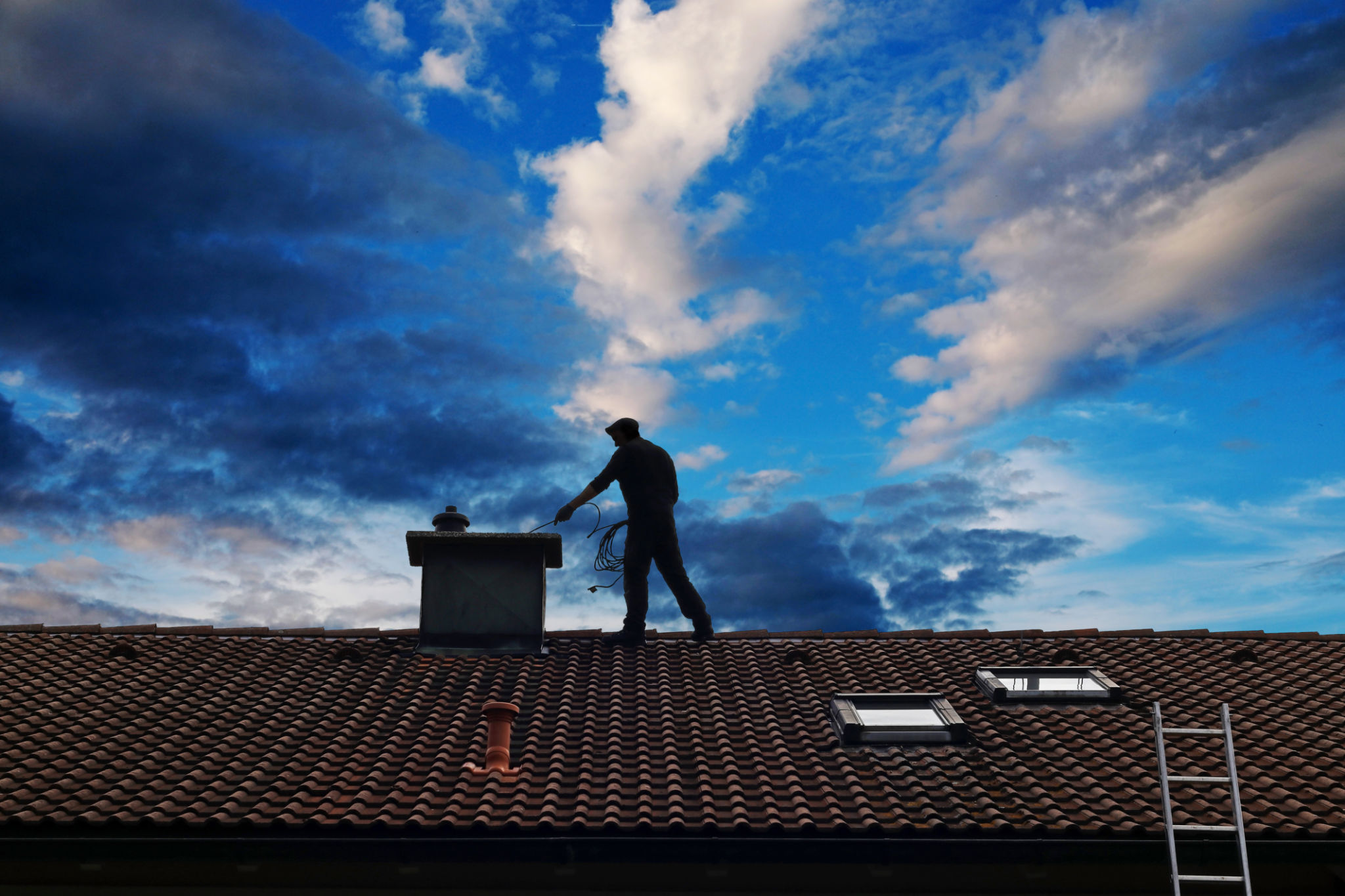How Often Should Chimneys Be Cleaned? A Comprehensive Guide
Understanding the Importance of Chimney Cleaning
Chimneys play a crucial role in venting smoke and gases from your fireplace, stove, or furnace out of your home. Over time, soot and creosote can build up inside the chimney, creating potential fire hazards and reducing efficiency. Regular cleaning is essential to maintain safety and performance. But how often should this be done?

General Guidelines for Chimney Cleaning Frequency
The National Fire Protection Association (NFPA) recommends that chimneys, fireplaces, and vents be inspected at least once a year. Even if you don't use your chimney frequently, animals may nest inside or structural issues may develop, making an annual inspection vital.
For those who use their fireplaces regularly, it's generally advised to clean the chimney once for every one to two cords of wood burned. This helps minimize the accumulation of creosote, a highly flammable byproduct of wood combustion.
Factors Influencing Cleaning Frequency
Several factors can influence how often your chimney needs cleaning:
- Type of wood: Hardwoods like oak and maple burn slower and produce less creosote compared to softwoods like pine.
- Burning habits: Burning unseasoned wood or using improper techniques can increase creosote buildup.
- Chimney type: Metal chimneys may require more frequent cleaning than masonry chimneys due to their design.

Signs Your Chimney Needs Cleaning
Even with regular inspections, there are signs that indicate a more immediate need for cleaning:
- Strong odor: A strong, smoky smell emanating from your fireplace even when not in use.
- Visible soot: Excessive soot buildup around the fireplace or on the damper.
- Poor draft: Difficulty in starting or maintaining a fire can suggest a blocked chimney.
DIY vs. Professional Chimney Cleaning
While some homeowners may attempt to clean their chimneys themselves, it's often wise to hire a professional. Trained chimney sweeps have the tools and expertise to thoroughly clean and inspect the chimney, identifying potential issues that may not be apparent to untrained eyes.
If you choose to tackle the job yourself, ensure you use proper equipment like chimney brushes and rods, and always prioritize safety by wearing protective gear.

The Benefits of Regular Chimney Maintenance
Regular chimney maintenance offers numerous benefits beyond safety. It enhances the efficiency of your heating system, potentially reducing energy costs. Moreover, it prolongs the lifespan of your chimney and fireplace, saving money on repairs in the long run.
A well-maintained chimney also contributes to better indoor air quality by ensuring that harmful gases are effectively vented out of your home.
Conclusion
Understanding how often chimneys should be cleaned involves assessing usage patterns, recognizing signs of buildup, and considering professional inspections. By prioritizing regular maintenance, homeowners can enjoy peace of mind knowing their fireplaces are safe and efficient.
If in doubt about your specific situation, consulting with a certified chimney professional is always a good step toward ensuring your home's safety and comfort.